Palestinian President Mahmoud Abbas' planned visit to Gaza has been welcomed amid worsening humanitarian conditions in the enclave, including fears of a polio outbreak, despite the resumption of cease-fire talks led by mediators.
Dina Yulianti Sulaeman, director of the Indonesia Center for Middle East Studies, said although Abbas' desire to come to Gaza is "a little bit late", it is "worthy of appreciation".
"This new development is related to the unity agreement of the Palestinian factions in Beijing (last month) and the escalation that is happening due to the killing of Ismail Haniyeh," said Sulaeman, referring to the July 31 assassination of the Hamas leader in Teheran.
"I hope that Mr Abbas, who has been known to have a more accommodating position toward Israel when meeting directly with the resistance factions in Gaza, will increasingly provide support to take a firm stance against Israel, namely demanding that Israel stop its attacks on Gaza and open up humanitarian aid channels."
Abbas announced his planned trip at the Turkish parliament during a visit on Thursday, the same day that the death toll in Gaza amid Israel's military campaign surpassed 40,000.
There are also fears of a polio outbreak in Gaza.
On Friday, United Nations Secretary-General Antonio Guterres appealed to all parties for a ceasefire so that humanitarians can safely vaccinate more than half a million children in Gaza against polio.
'Restoring unity'
Palestine's Wafa news agency reported that Abbas and his government are preparing to travel to Gaza to "restore national unity" and emphasize that the State of Palestine and the Palestine Liberation Organization are the mandate holders responsible for the entire State of Palestine.
Abbas was in communication with the UN, Arab countries and Israel to ensure the success of the trip, Wafa reported. But UN spokesman Michele Zaccheo said the idea that the UN could provide security "is probably not so realistic at this stage".
He added that the principal responsibility for providing security in the occupied territories "lies with the occupying powers", Turkiye's state-run Anadolu Agency reported.
Negotiations on a cease-fire between Hamas and Israel are set to resume on Wednesday in Cairo, Xinhua News Agency reported, citing Egyptian officials.
Also on Friday, British Foreign Secretary David Lammy and French Foreign Minister Stephane Sejourne said in a statement that their countries "share a common interest in the security of the State of Israel" and the "stability of the region as a whole" and they have a responsibility to support ending the current escalation and securing a lasting peace to the benefit of Israelis, Palestinians and the whole region.
Muslim Imran, director of the Asia Middle East Center for Research and Dialogue in Malaysia, said the joint statement is "self-defeating" because it reads as if Israeli security is at stake, not the fact that Israel is "currently perpetrating one of the most heinous genocides in modern history".
On her X account, UN Special Rapporteur Francesca Albanese called out Western powers on Friday for omitting civilian deaths in their statements.
Referring to a joint statement by the leaders of France, Germany and the United Kingdom last week, she said after 10 "catastrophic months", the three Western countries wrote a 21-line statement on the Middle East with "not a single word about the millions scarred by the ongoing atrocities".








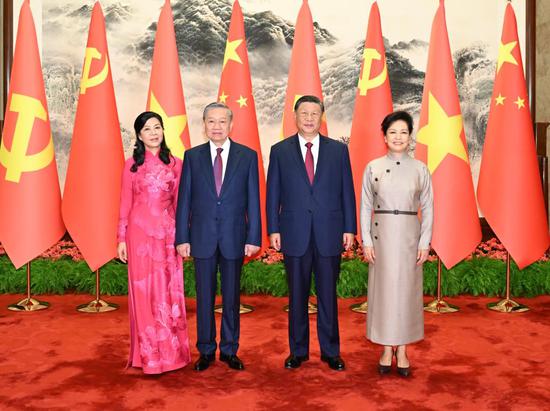








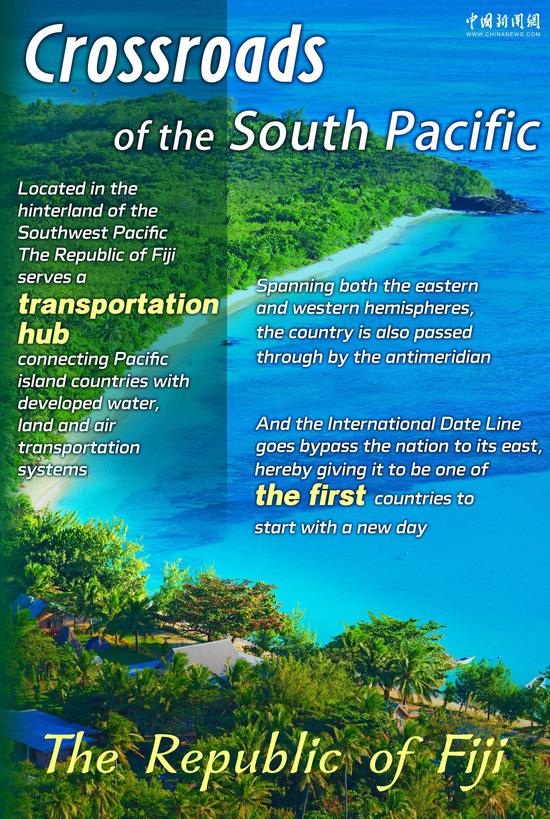
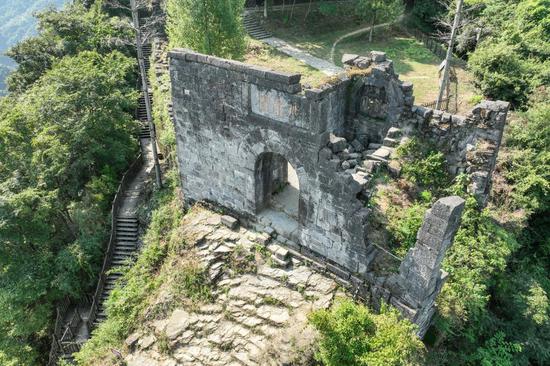


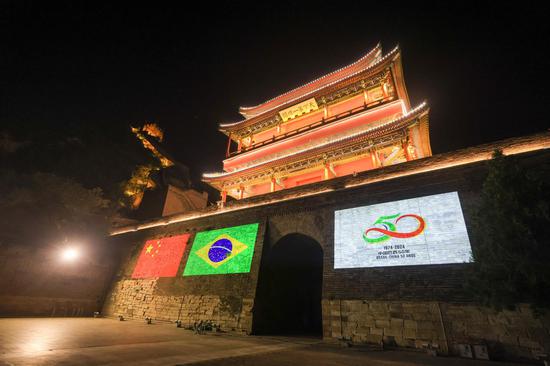
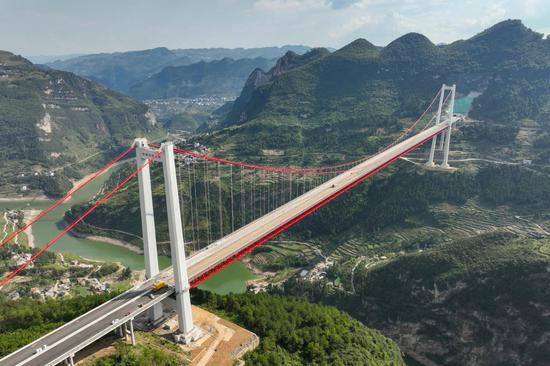



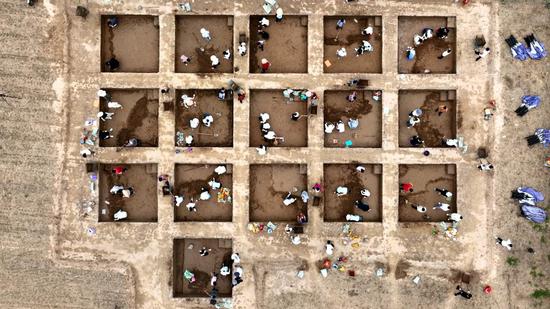












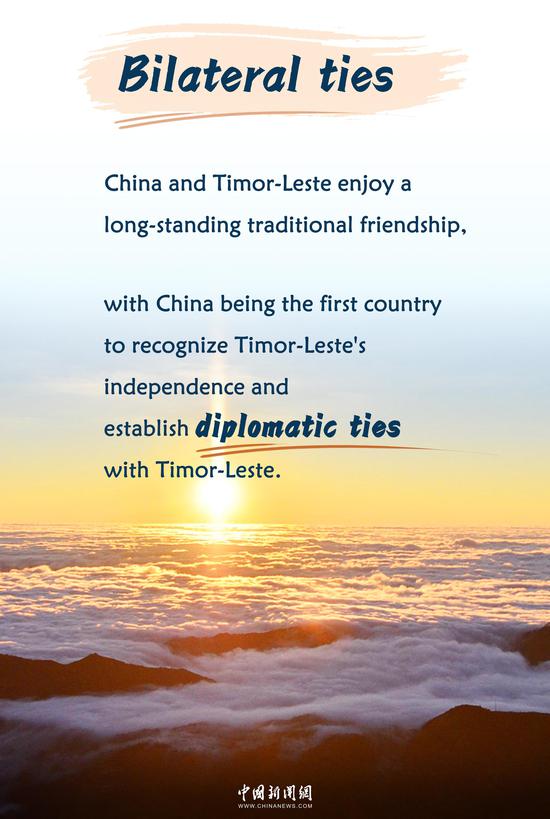
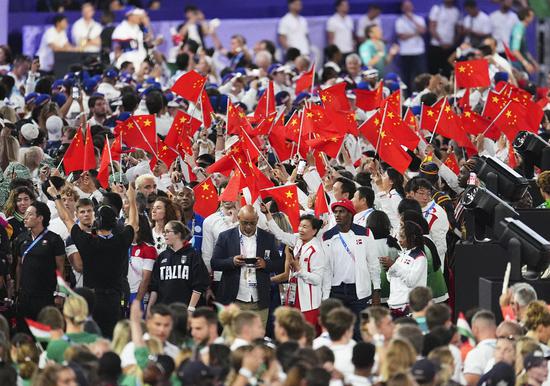

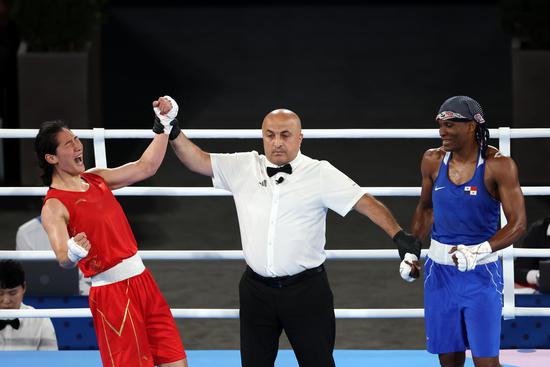







 京公网安备 11010202009201号
京公网安备 11010202009201号